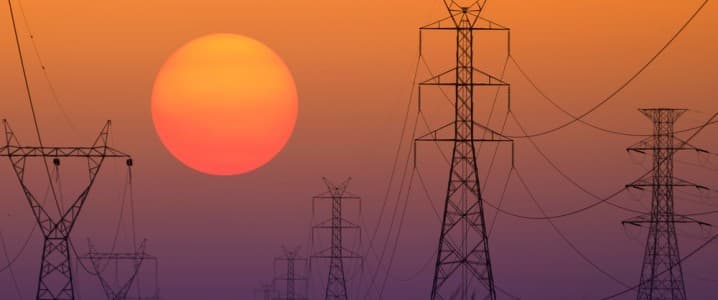Spanish energy major Repsol is committed to keeping its previously announced shareholder remuneration policy for this year despite the volatile market, trade tensions, and OPEC+ plans to raise production.
Repsol reported on Wednesday an adjusted income of $740 million (651 million euros) for the first quarter, a plunge of 48.6% compared to the same quarter of 2024. Still, the figure was slightly higher than the company-provided analyst consensus estimate of $730 million (642 million euros).
These numbers were in line with the annual guidance, Repsol said, noting they were achieved “in a global context marked by uncertainty and geopolitical and commercial tensions, as well as volatility in the energy markets, with Brent crude prices declining – averaging $76 per barrel in the quarter – and reduced refining and chemical margins”.
Repsol attributed the decline in profits to geopolitics, market volatility, lower crude oil prices, and reduced refining and chemical margins.
“During the first quarter of 2025, in a volatile environment marked by geopolitical tensions, tariff announcements, and OPEC’s decisions, we have been delivering on our goals for the year, ensuring our shareholder distribution commitments, streamlining investments, and improving our asset portfolio,” Repsol’s chief executive officer Josu Jon Imaz said in a statement.
Despite the volatile and uncertain market environment, Repsol maintains its commitment to increasing the cash dividend and projects a total shareholder remuneration for 2025, including dividends and share buybacks, of between 30% and 35% of operating cash flow, in line with the goal in the 2024-2027 Strategic Update, the Spanish firm said.
As oil prices fell in the first quarter from a year earlier and plunged at the start of the second quarter amid heightened oil market and economic uncertainties, analysts are closely watching the biggest international oil and gas firms for signs of weakened balance sheets and possible downward tweaks to shareholder payouts.
Spain’s Repsol, Italy’s Eni, Norway’s Equinor, and France’s TotalEnergies all confirmed their shareholder distributions policies as they reported Q1 earnings.
UK’s BP, however, on Tuesday reduced by $1 billion its quarterly share buyback program after reporting weaker-than-expected earnings, significantly lower cash flow, and rising net debt for the first quarter.
By Charles Kennedy for Oilprice.com
More Top Reads From Oilprice.com

